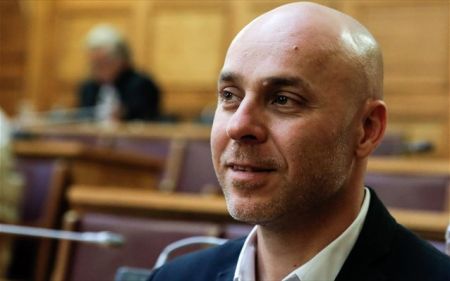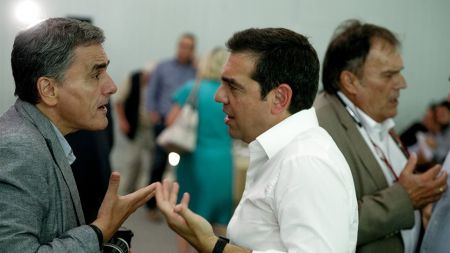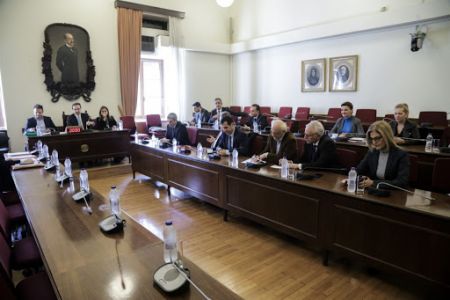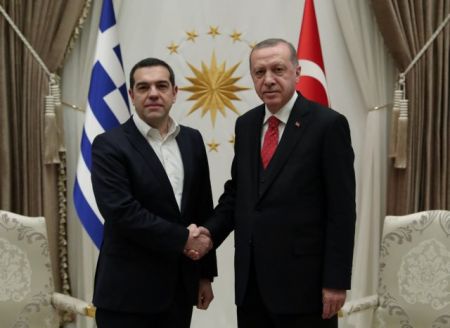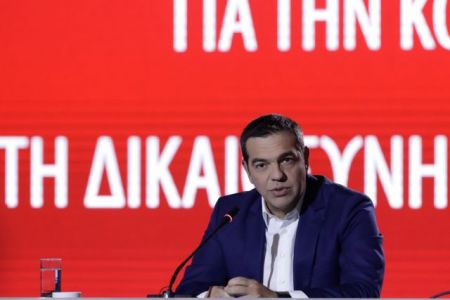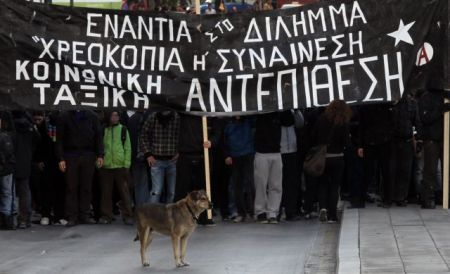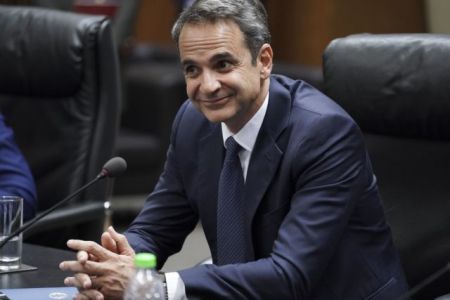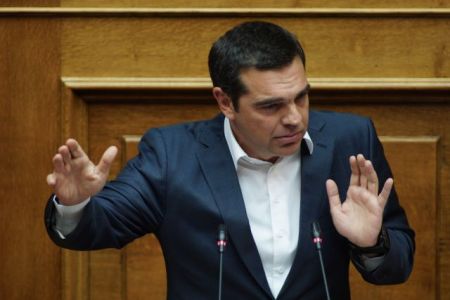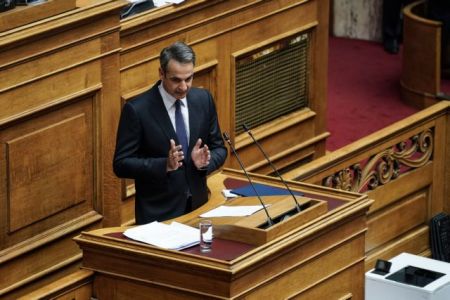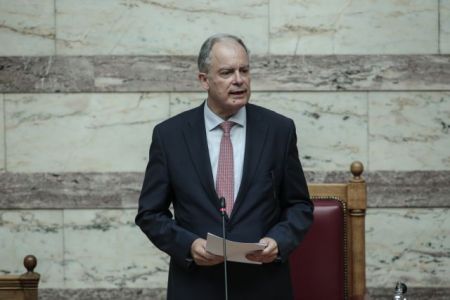Τελευταίες Ειδήσεις
-
Δασμοί Τραμπ: Ετσι θα αμυνθούν οι ελληνικές τράπεζες, οι 3 κίνδυνοι
-
Δουδωνής: «Η Ομάδα Αλήθειας θα έχει ένα άθλιο τέλος»
-
Η Μεγάλη Εβδομάδα εμπνέει την όπερα – Ο ήχος της προσευχής
-
Πάσχα: Στα 361€ το κόστος του τραπεζιού
-
Μισθοί: Μελέτη του ΚΕΠΕ για τους δημοσίους υπαλλήλους – Η διαφορά με τον ιδιωτικό τομέα
-
Δημήτρης Σκύλλας: «Αντλώ τη μουσική από την ζωή μου. Οχι την ζωή μου από τη μουσική»
-
Μύκονος: Νεκρός 69χρονος στην παραλία – Τον εντόπισε ο γιος του
-
Πόσα παιδιά πεθαίνουν επειδή είναι ανθεκτικά στα αντιβιοτικά
-
Δασμοί Τραμπ: Aκριβό ή τελείως αδύνατο ένα iPhone made in USA;
-
Χωρίς ταξί αύριο η Αθήνα
-
Μήπως άργησαν να συγκρουστούν τα τρένα;
-
Ανησυχητικός εναγκαλισμός
-
Χάνεται το ενδιαφέρον για τα Τέμπη;
-
Πώς «γεννήθηκε» η σοκολάτα Dubai
-
Πέθανε ο νομπελίστας συγγραφέας Μάριο Βάργκας Λιόσα
-
Στη «ρουλέτα» των δασμών Τραμπ smartphones, υπολογιστές – Πού θα κάτσει η μπίλια
-
Πάτρα: 13χρονος τραυματίστηκε σε challenge, συνελήφθησαν 5 μαθητές – Η καταγγελία για bullying
-
Κίνηση: Καραμπόλα στον Κηφισό – Ακινητοποιημένο λεωφορείο στην Πατησίων
-
Ουκρανία: Διεθνής κατακραυγή για το πολύνεκρο πλήγμα της Ρωσίας στο Σούμι – Το σχόλιο του Τραμπ και η πρόσκληση Ζελένσκι
-
Καιρός: Μεγάλη εβδομάδα με ζέστη και βροχές – Οι δύο ημέρες με τα «περισσότερα φαινόμενα»
-
Ψηφιακό πελατολόγιο: Πρεμιέρα για τα αυτοκίνητα, πώς θα λειτουργεί
-
Εορταστικό ωράριο: Πώς θα λειτουργήσουν τα καταστήματα τη Μεγάλη Εβδομάδα
-
Γιατί ΠαΣοΚ και ΣΥΡΙΖΑ αφήνουν τη Ζωή να φεύγει
-
Αστραψε και βρόντηξε ο Τραμπ για του δασμούς – «Κανείς δεν θα γλιτώσει, ειδικά η Κίνα»
-
Hellenic Train: Σε δύο υπόπτους έχει «κλειδώσει» η Αντιτρομοκρατική



